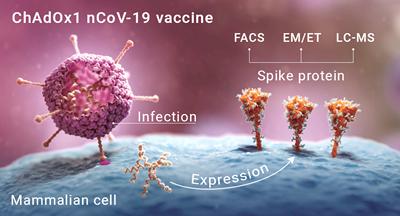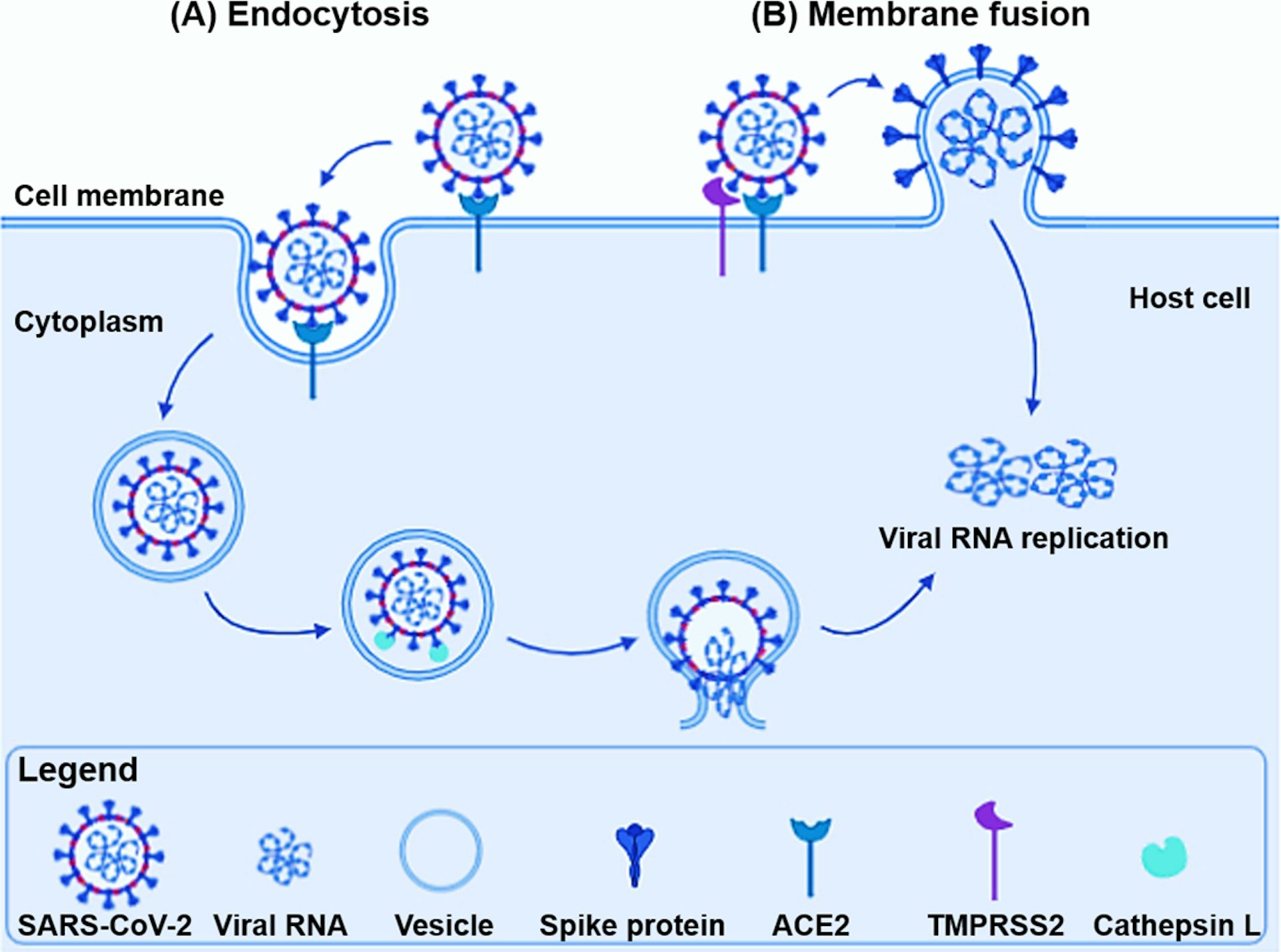
This cookie is set by Advanced Ads and measures the browser width. This session cookie is served by our membership/subscription system and controls whether you are able to see content which is only available to logged in users.Īdvertising and targeting cookies help us provide our visitors with relevant ads and marketing campaigns. The cookie is set by the GDPR Cookie Consent plugin and is used to store whether or not user has consented to the use of cookies.

#Spike protein dna damage windows
The cookie is a session cookies and is deleted when all the browser windows are closed.

The cookie is used to store and identify a users' unique session ID for the purpose of managing user session on the website. This cookie is native to PHP applications. The cookie is used to remember the user consent for the cookies under the category "Performance". This cookie is set by GDPR Cookie Consent WordPress Plugin. The cookie is used to store the user consent for the cookies in the category "Necessary". This cookie is set by GDPR Cookie Consent plugin. The cookie is used to remember the user consent for the cookies under the category "Analytics". The cookie is set by GDPR cookie consent to record the user consent for the cookies in the category "Advertising & Targeting". You may disable these by changing your browser settings, but this may affect how the website functions.Ĭookielawinfo-checkbox-advertising-targeting These cookies do not store any personal information. Necessary cookies enable the core functionality of the website, including security, network management and accessibility. They plan to use the new approach to better understand how long the genetic changes last and the potential long-term consequences of these changes in relation to long-haul COVID-19 cases.Įvans will present the research at the American Society for Biochemistry and Molecular Biology annual meeting during the virtual Experimental Biology (EB) 2021 meeting. They were able to confirm that the optimised cell culture approach reflected what occurs in patients, making it useful for future translational studies. The researchers also compared their cultured human airway cells to studies from others where cells were collected from patients with COVID-19 infection.

“Our work helps to elucidate changes occurring in patients on the genetic level, which could eventually provide insight into which treatments would work best for specific patients,” said Evans. The top genes included ones related to inflammatory response. The researchers found that cultured human airway cells exposed to both low and high concentrations of purified S protein showed differences in gene expression that remained even after the cells recovered from the exposure. This involved exposing cells to air and then giving them time to mature into airway cells.

The researchers optimised a previously developed culturing approach known as the air-liquid interface technique so that it would more closely simulate the physiological conditions found in the lung airway. Culturing human airway cells requires specific conditions that allow cells to mature into the differentiated cells that would be found in the airway.


 0 kommentar(er)
0 kommentar(er)
